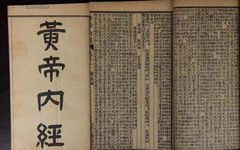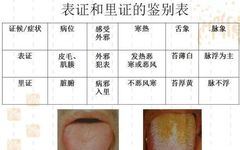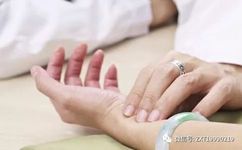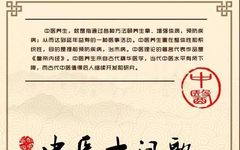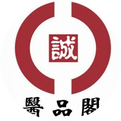Understanding Cold and Heat in Traditional Chinese Medicine: A Study of the Huangdi Neijing
▲ The Huangdi Neijing is divided into two parts: Suwen and Lingshu, and is one of the earliest medical texts in China, recognized as one of the four classic works of traditional medicine (the other three being the Nanjing, Shanghan Zabing Lun, and Shennong Bencao Jing). Translation of Cold and Heat Text: 【Original】Huangdi asked Qibo: … Read more

